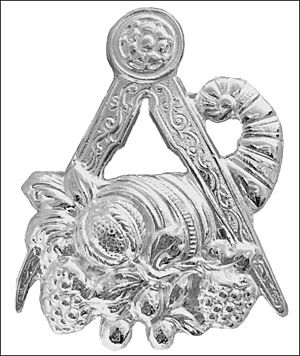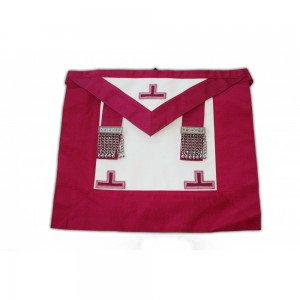Steward (office) facts for kids
A steward is an important official who works for a ruler, like a king or queen. Their job is to represent the ruler in a certain area or country. Sometimes, a steward even governs that area in the ruler's name. This role is similar to a regent, viceroy, or governor.
Contents
What Does the Word "Steward" Mean?
The word "steward" comes from an old English word, stíweard. This word combines stiȝ, meaning "hall" or "household," and weard, meaning "keeper" or "warden." So, originally, a steward was someone who looked after a household.
In medieval times, a steward was a servant who managed both a lord's land (his estate) and his home. Over time, other jobs appeared in large households. By the 13th century, many big houses had two stewards: one who managed the land and another, called a majordomo, who managed the daily tasks inside the house. Stewards were important and often earned a good salary. They also took care of their lord's castles when the lord was away and checked on taxes from farmers on the lord's land.
Stewards in the British Isles
In England, the Lord High Steward was a very powerful position between the 12th and 14th centuries. Today, the Lord Steward is still a high-ranking official in the royal court. The Stewart family in Scotland got their name from the important job of the High Steward of Scotland. In Ireland, the Lord High Steward of Ireland is a job that has been passed down in families since the 15th century.
Stewards in the Low Countries
In the Low Countries (which include modern-day Netherlands, Belgium, and Luxembourg), the role of a steward was called a Stadtholder. These officials were first appointed by feudal lords to govern parts of their territory. For example, a duke might appoint a stadtholder to represent him in a specific province.
From the Middle Ages to the 18th century, the Spanish kings who ruled these lands gave the title of stadtholder to important noblemen in each province. However, the job changed a lot. In the Netherlands, the stadtholder eventually became a very powerful leader, almost like a head of state, for the Dutch Republic.
Stewards in Northern Europe
Danish Statholder
In Denmark, a Statholder was a high-ranking government official. They served as the royal governor in the capital city, at Copenhagen Castle.
Norwegian Statholder
In Norway, the Statholder was an important office during two periods when Norway was united with other kingdoms. First, during the union with Denmark (1536-1814), and later during the union with Sweden (1814-1873). This official was also known as Rigsstatholder, or Lieutenant of the Realm.
The Statholder governed Norway on behalf of the King. Since Norway was a separate kingdom with its own laws, this was one of the most powerful jobs, second only to the king himself. Sometimes, the Crown Prince (the king's heir) held this position and was called a Viceroy. The term Statholder means "place holder," meaning someone who governs in the king's place.
Stewards in Southern Europe
Ban of Croatia
In Croatia, the official known as the Ban was like a viceroy. The Ban was chosen by the monarch (first the King of Croats, then the King of Hungary, and later the Austrian ruler). Their job was to govern a part of the country, or even the whole country, in the name of the King of Dalmatia, Croatia, and Slavonia.
Ban of Bosnia
Bosnia was once a region ruled by the Kingdom of Hungary (1136-1377). During this time, Bosnia was governed by its own independent viceroy, also called a Ban. The last of these Bans, Tvrtko, later became the first king of the Kingdom of Bosnia.
Stewards in Eastern Europe
In Russia, the equivalent of a "stadtholder" was a posadnik. This term sometimes appears as "stadtholder" in English writings. While there are stories of early posadniks from the 9th century, the term first appeared in historical records in 997. It referred to the most senior official in an Eastern Slavic town. Some of the earliest posadniks of the city of Novgorod included Dobrynya, his son Konstantin Dobrynich, and Ostromir.
Stewards in Freemasonry
In Freemasonry, which is a fraternal organization, the job of Steward or Grand Steward is an elected position. The main duty of a Steward is to welcome visitors and help other officers with their tasks. Grand Stewards might give special help at Lodge Installations, which are ceremonies for new officers. The Steward's Jewel, a symbol of their office, looks like a cornucopia (a horn of plenty) with compasses above it.
See also
 In Spanish: Lugarteniente general del Reino para niños
In Spanish: Lugarteniente general del Reino para niños
 | Emma Amos |
 | Edward Mitchell Bannister |
 | Larry D. Alexander |
 | Ernie Barnes |



